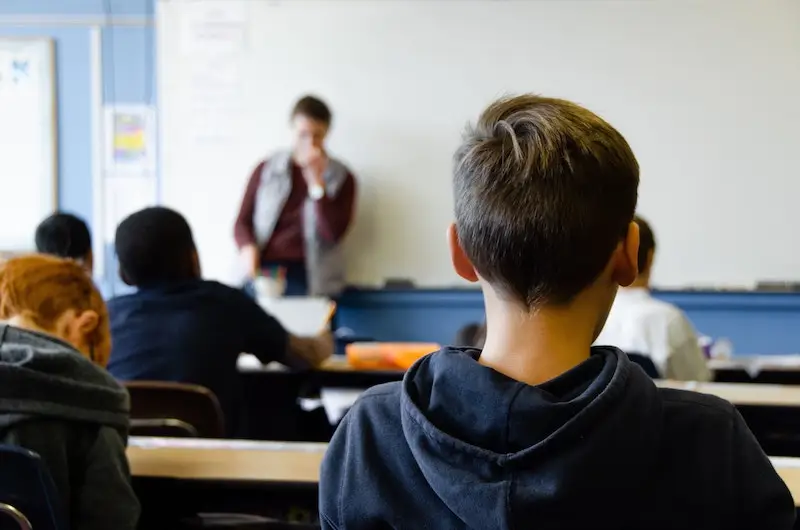Educate Humans, Not Machines

Technology brings disruption. It’s inevitable.
But sometimes technology brings more change than is necessary or helpful. Sometimes, technological advances can shift our world away from human-centeredness and closer to machine-centeredness.
Despite the inevitability of disruption, we shouldn’t take it for granted in such a way that we allow changes to happen that are not helpful. We should try our best to use technology to improve our lives while minimizing any negative impacts.
As the conversation continues around AI (artificial intelligence) we may be at risk of needlessly accepting some major disruptions that we would be better without. Particularly in the area of education, we need to be critical thinkers. AI will have an impact, we accept that. But we don’t want to throw our hands up and just accept any change or disruption as something that “comes with the territory”. We need to work hard to optimize our use of technology to serve human lives better.
We Don’t Educate Machines
In the context of education, this looks like maintaining a “human” education approach in the midst of technological change.
Humans are not to be educated in the same way that one would program a robot. As the average person gets more and more practice using tools like ChatGPT, they will become better robot-programmers whether they recognize it or not. They may not be writing code but they are training a computer how to think and execute tasks.
The future of education in your inbox.
Get productivity tips, commentary, and Unbound updates sent to you!
We need to be very careful that this proficiency doesn’t spill over into human education. We need to understand this fundamental reality that may seem stupidly obvious but will be harder and harder to hold as time goes on: humans are not computers.
We’re already a good way down the road of treating humans like computers. We’ve already approached education like widget production: give everyone the same input and we should expect the same output. And the bottom line is the output: what can students contribute to the economy? This mentality has already infected our society in a lot of ways.
The Impact of AI
The rise of AI will only make this temptation stronger. We need to boldly resist the mentality that says that humans need to be pumped full of information and answers so they can export value for society. There’s nothing wrong with providing value for those around us. In fact there is a lot that’s good about it. But we are not machines. And any educational approach that treats students like machines is a bad approach.
Humans are composed of more than just physical parts. We have a soul. We possess intellect, passions, emotions, and deeply-held desires and longings. These things cannot be ignored in education.
An education system that is disrupted by AI may very well accelerate our dark journey towards a society of what C.S. Lewis called in The Abolition of Man, “men without chests”. We are not educating machines, we must realize that.
Conclusion
Even an AI’s “emotional” intelligence is programmed and artificial. At the end of the day, to educate an AI is to educate with facts and knowledge, not with values. An AI can only “know” what a human values and therefore what it ought to value. But it does not have a source of values or convictions itself inherently.
The same is not true of humans. We do have a soul with longings, vices, virtues, and values galore. We cannot shrug this off.
As AI brings more and more disruption, let’s make an intentional effort to maintain human education. It’s easy to slip into a mechanistic education that neglects the humanity of our students. We must guard zealously against this for the sake of our students and future generations.
Ascend is Unbound’s post-high school project-based education program, built on community, learning by doing, and Christian leadership principles. Schedule a free consultation to learn more.



